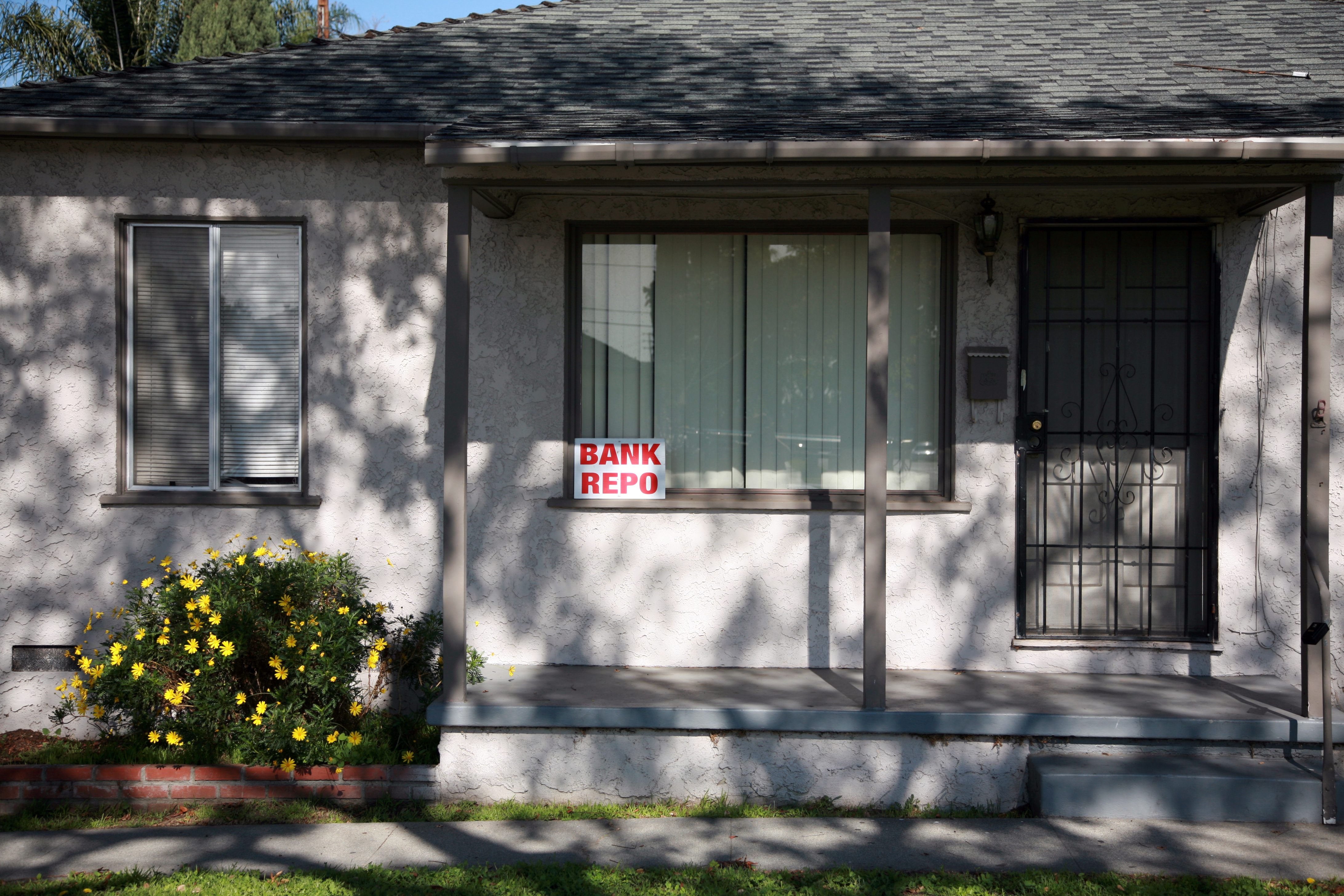As buildings age, repairs become necessary. For associations that have not funded reserves, money will be in short supply, leaving two possible options depending on what is permitted under your governing documents: special assess and/or borrow money from a bank.
The problem with special assessing, especially in some communities, is that unit owners may be on fixed incomes and cannot afford a sudden spike in monthly payments. Under such circumstances some associations consider applying for a loan from a bank so that funds are immediately available for repairs or reconstruction but repayment is spread over time, thus lowering the monthly payments for each unit owner.
In considering these issues, I have prepared the following checklist which should be followed to guide you through this process.
- Speak to your attorney first. There are a number of legal issues with regard to loans such as, whether you have the authority to borrow; and if you do, whether the Board can make this decision or if a vote of the owners is required. It is also import to consider whether the association has the authority to special assess its members or if a membership vote is required for that as well. These are threshold issues that must be reviewed.
- It is important to discuss with your attorney, first, and then with the bank, what type of collateral you will use. Some loans have not been able to be finalized because the Board did not consider this issue in advance. Generally speaking, real property is not used as collateral for community association loans. The collateral is created primarily by providing the bank a lien on your accounts receivables; which includes your assessments and special assessments as well as other income derived from other sources. Most term sheets require that “all” funds be used as collateral without any consideration of the three points listed below because they are not used to working with community associations. Keep in mind the following basics regarding collateral:
– Reserves accounts and reserve funds can only be used for the purposes for which they were intended, unless the membership vote to use those funds for another purpose. Therefore, as a general rule, you should not use your reserve accounts (without a vote of the membership) as collateral.
– Special assessment funds can only be used for the purposes for which they were levied. If the special assessment was not levied for the purpose of repaying the loan it should not be used as collateral.
– Property/casualty insurance proceeds should not be used as collateral. Such insurance is usually purchased for the unit owners and their mortgagees (a general statement in Declarations of Condominium) and, therefore, should only be used for the purposes for which they were intended without the risk that the bank will retain those funds to pay down the loan when you need those funds in the aftermath of a casualty.
Many associations skip any discussions with their attorney during these initial steps which causes a number of problems when the process is too far underway.
- The Board should determine which bank it wishes to use for its loan transaction. You should consult with your attorney as he or she has probably worked with a number of banks and can give you a list of banks which handle loans for community associations. The Board will determine which bank has the best interest rate and repayment terms based on its own discussions with these banks.
- Provide the bank with all of the financial reports, budgets, audits, etc. that they may require. If you are approved, the bank will provide you with either (or both) of a term sheet and/or a commitment letter. These documents outline the main terms of the loan. Some banks use both; others use one or the other. It is by no means a complete list of terms but it outlines the most salient points and requirements. Your attorney should review the term sheet and commitment letter PRIOR TO execution of those documents. If you don’t take that step you could find your association stuck with the choice to live with bad terms or to walk away from the non-refundable loan commitment fee paid at the time you return this document.
- Once the term sheet and/or loan commitment letter have been negotiated the bank will provide you with a set of loan documents. Generally, it is best to let a bank use their attorney to generate the loan documents than to use computer generated documents which are not specifically geared to condominium or homeowner association loans. It should be noted that the association will pay the bank’s attorney’s fees as well as its own attorney’s fees. That is standard practice. Your attorney will review the loan documents to ensure that not only the terms from the term sheet and/or commitment letter made it into the text of the loan documents but that the other terms are also equitable to the association. By way of example, some loan documents will include provisions which makes the officers signing the loans a personal guarantor. We reviewed one loan document recently which stated, that if the person signing is married that his personal assets, to the extent they were separable from his spouse, would be used as collateral. We required the bank to remove that text and all similar text and substituted a clause that stated that the persons executing are doing so for and on behalf of the association and not in his/her personal capacity. I think the reader can see the problem that could have resulted had the association president signed the loan documents without consulting legal counsel.
- Revising and negotiating the text of the loan documents is the next step. Depending on the bank and their attorney this can be a quick process or a long drawn out process. That’s why the preliminary steps are important to follow as it can weed out a bank that may not wish to be flexible in changing its documents.
- An opinion of counsel letters is required for most, but not all loans. This is the bank’s way of obtaining an extra layer of protection for the repayment of its loan. The opinion is done, with the permission of the association, for the benefit of the bank. The bank will want to know if the association has the authority to enter into the loan and if it took all of the proper steps to approve the loan.
- Loan closing is the final step. All of the paperwork is signed and the loan and opinion of counsel letter (if required) returned in to the bank.
Loan documents are very complex documents and should not be handled by the Board without the assistance of legal counsel.
CUP


